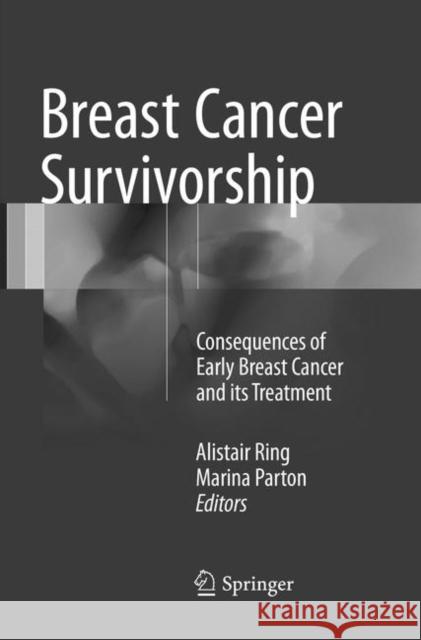Breast Cancer Survivorship: Consequences of Early Breast Cancer and Its Treatment » książka
topmenu
Breast Cancer Survivorship: Consequences of Early Breast Cancer and Its Treatment
ISBN-13: 9783319824482 / Angielski / Miękka / 2018 / 284 str.
Breast Cancer Survivorship: Consequences of Early Breast Cancer and Its Treatment
ISBN-13: 9783319824482 / Angielski / Miękka / 2018 / 284 str.
cena 426,04 zł
(netto: 405,75 VAT: 5%)
Najniższa cena z 30 dni: 424,07 zł
(netto: 405,75 VAT: 5%)
Najniższa cena z 30 dni: 424,07 zł
Termin realizacji zamówienia:
ok. 20 dni roboczych.
ok. 20 dni roboczych.
Darmowa dostawa!
Kategorie BISAC:
Wydawca:
Springer
Język:
Angielski
ISBN-13:
9783319824482
Rok wydania:
2018
Wydanie:
Softcover Repri
Ilość stron:
284
Oprawa:
Miękka
Wolumenów:
01











